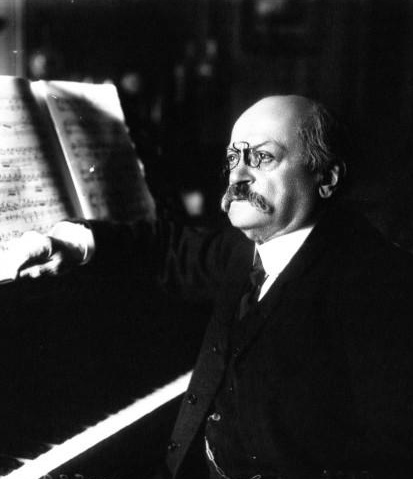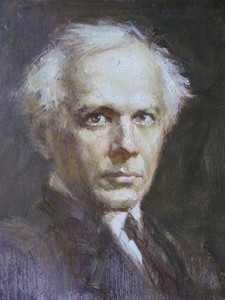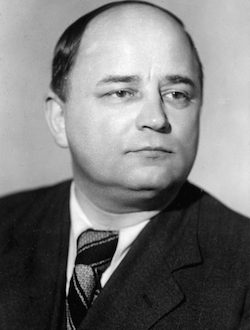
Charles Lecocq |
Charles Lecocq
Lecoq is the creator of a new direction in the French national operetta. His work is distinguished by romantic features, captivating soft lyrics. Lecoq’s operettas follow the traditions of French comic opera in terms of their genre features, with a wide use of folk songs, a combination of touching sensitivity with lively and convincing everyday characteristics. Lecoq’s music is notable for its bright melody, traditional dance rhythms, cheerfulness and humor.
Charles Lecoq born June 3, 1832 in Paris. He received his musical education at the Paris Conservatory, where he studied with prominent musicians – Bazin, Benois and Fromental Halévy. While still at the conservatory, he first turned to the genre of operetta: in 1856 he took part in the competition announced by Offenbach for the one-act operetta Doctor Miracle. His work shares the first prize with the opus of the same name by Georges Bizet, then also a student at the conservatory. But unlike Bizet, Lecoq decides to devote himself entirely to operetta. One after another, he creates “Behind Closed Doors” (1859), “Kiss at the Door”, “Lilian and Valentine” (both – 1864), “Ondine from Champagne” (1866), “Forget-Me-Not” (1866), “Rampono’s Tavern » (1867).
The first success came to the composer in 1868 with the three-act operetta The Tea Flower, and in 1873, when the premiere of the operetta Madame Ango’s Daughter took place in Brussels, Lecoq won world fame. Madame Ango’s Daughter (1872) became a truly national event in France. The heroine of the operetta Clerette Ango, the bearer of a healthy national beginning, the poet Ange Pithou, singing songs about freedom, impressed the French of the Third Republic.
Lecoq’s next operetta, Girofle-Girofle (1874), which, by coincidence, also premiered in Brussels, finally consolidated the composer’s dominant position in this genre.
The Green Island, or One Hundred Maidens and the two subsequent operettas proved to be the biggest phenomena in theatrical life, which supplanted the works of Offenbach and changed the very path along which the French operetta developed. “The Duchess of Herolstein and La Belle Helena have ten times more talent and wit than The Daughter of Ango, but The Daughter of Ango will be a pleasure to watch even when the production of the former is not possible, because The Daughter of Ango – the legitimate daughter of the old French comic opera, the first ones are the illegitimate children of the false genre, ”wrote one of the critics in 1875.
Blinded by an unexpected and brilliant success, glorified as the creator of the national genre, Lecoq creates more and more operettas, mostly unsuccessful, with features of craftsmanship and stamp. However, the best of them still delight with melodic freshness, cheerfulness, captivating lyrics. These most successful operettas include the following: “The Little Bride” (1875), “Pigtails” (1877), “The Little Duke” and “Camargo” (both – 1878), “Hand and Heart” (1882), “Princess of the Canary islands” (1883), “Ali Baba” (1887).
New works by Lecoq appear until 1910. During the last years of his life, he was ill, semi-paralyzed, bedridden. The composer died, having survived his fame for a long time, in Paris on October 24, 1918. In addition to numerous operettas, his legacy includes the ballets Bluebeard (1898), The Swan (1899), pieces for orchestra, small piano works, romances, choruses.
L. Mikheeva, A. Orelovich





